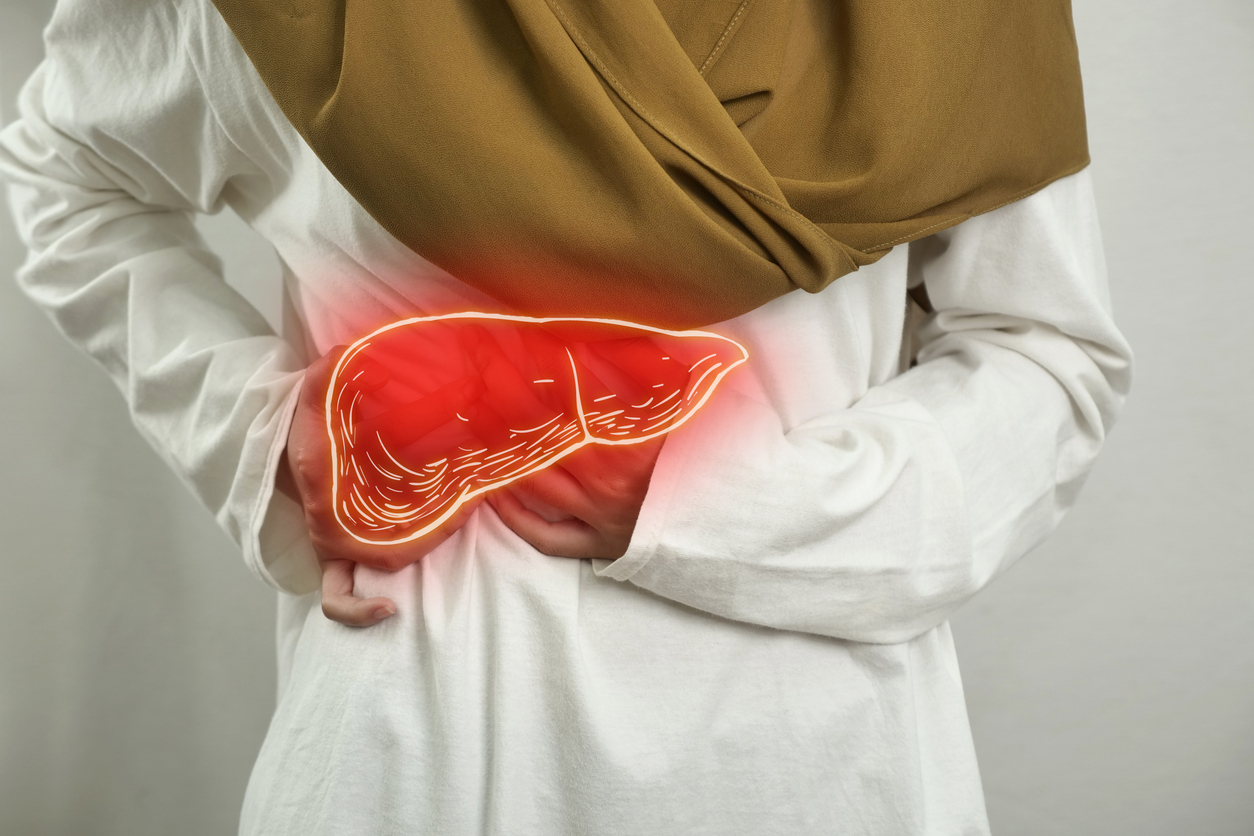2025-11-27
mHSPC: the winning trio?
Oncology
By Ana Espino | Published on November 27, 2025 | 3 min read
Metastatic hormone-sensitive prostate cancer (mHSPC) is an advanced stage of the disease, with a prognosis that remains concerning despite recent therapeutic advances. Standard treatment is based on androgen deprivation therapy (ADT), to which agents such as docetaxel or androgen receptor–targeted therapies (ARATs)—including enzalutamide, apalutamide, abiraterone, and more recently darolutamide—may be added.
However, direct comparisons between these options are rare, and available data come from separate studies with heterogeneous populations, criteria, and methodologies. This limits the clarity of the relative benefits of each treatment, particularly for clinical practice. Current challenges include the absence of a clear hierarchy among therapies, variability in outcomes depending on tumor volume, and a lack of studies in certain regions such as Asia, where some treatments are not available.
The aim of this study was to indirectly compare the effectiveness of the triplet therapy darolutamide + docetaxel + ADT with other systemic therapeutic options in mHSPC through a Bayesian network meta-analysis.
In this study, nine treatments were compared: ADT alone; docetaxel + ADT; abiraterone + ADT; enzalutamide + ADT; apalutamide + ADT; rezvilutamide + ADT; and darolutamide + docetaxel + ADT (triplet). Two populations were analyzed: intention-to-treat (ITT) and patients with high-volume disease.
In both populations, the darolutamide + docetaxel + ADT triplet emerged as the most effective treatment for both overall survival (OS) and progression-free survival (PFS). In the ITT population, the triplet outperformed ADT alone, docetaxel alone, rezvilutamide + ADT, and even the other ARATs. SUCRA probabilities (a Bayesian ranking indicator) placed the triplet at the top in all comparisons. Among patients with high-volume disease, the advantage was even more pronounced, with a clear benefit in OS and PFS, confirming the relevance of the triplet in aggressive forms of the disease.
mHSPC remains a condition with a guarded prognosis, particularly in patients with high tumor volume. One of the main current challenges is determining which therapeutic combination maximizes survival without worsening toxicity. The goal of this study was to indirectly compare the main systemic options, particularly the darolutamide + docetaxel + ADT triplet, through a network meta-analysis.
The results show that this combination appears to be the most effective regarding overall and progression-free survival, especially in patients with high-volume disease. This strengthens its position as a first-line option in aggressive metastatic forms.
However, the study presents some limitations: the absence of direct comparisons, differences in endpoint definitions across trials, and the exclusion of certain treatments not available locally (e.g., abiraterone excluded from some Asian analyses). Direct comparative clinical studies are needed to confirm the effectiveness of this trio, as well as research on tolerance, quality of life, and economic impact, to guide personalized clinical decisions according to patient profiles.
About the author – Ana Espino
As a scientific writer, Ana is passionate about bridging the gap between research and real-world impact. With expertise in immunology, virology, oncology, and clinical studies, she makes complex science clear and accessible. Her mission: to accelerate knowledge sharing and empower evidence-based decisions through impactful communication.
Metastatic hormone-sensitive prostate cancer (mHSPC) is an advanced stage of the disease, with a prognosis that remains concerning despite recent therapeutic advances. Standard treatment is based on androgen deprivation therapy (ADT), to which agents such as docetaxel or androgen receptor–targeted therapies (ARATs)—including enzalutamide, apalutamide, abiraterone, and more recently darolutamide—may be added.
However, direct comparisons between these options are rare, and available data come from separate studies with heterogeneous populations, criteria, and methodologies. This limits the clarity of the relative benefits of each treatment, particularly for clinical practice. Current challenges include the absence of a clear hierarchy among therapies, variability in outcomes depending on tumor volume, and a lack of studies in certain regions such as Asia, where some treatments are not available.
The aim of this study was to indirectly compare the effectiveness of the triplet therapy darolutamide + docetaxel + ADT with other systemic therapeutic options in mHSPC through a Bayesian network meta-analysis.
Does the triplet outperform the doublets?
In this study, nine treatments were compared: ADT alone; docetaxel + ADT; abiraterone + ADT; enzalutamide + ADT; apalutamide + ADT; rezvilutamide + ADT; and darolutamide + docetaxel + ADT (triplet). Two populations were analyzed: intention-to-treat (ITT) and patients with high-volume disease.
In both populations, the darolutamide + docetaxel + ADT triplet emerged as the most effective treatment for both overall survival (OS) and progression-free survival (PFS). In the ITT population, the triplet outperformed ADT alone, docetaxel alone, rezvilutamide + ADT, and even the other ARATs. SUCRA probabilities (a Bayesian ranking indicator) placed the triplet at the top in all comparisons. Among patients with high-volume disease, the advantage was even more pronounced, with a clear benefit in OS and PFS, confirming the relevance of the triplet in aggressive forms of the disease.
Darolutamide: toward a new standard?
mHSPC remains a condition with a guarded prognosis, particularly in patients with high tumor volume. One of the main current challenges is determining which therapeutic combination maximizes survival without worsening toxicity. The goal of this study was to indirectly compare the main systemic options, particularly the darolutamide + docetaxel + ADT triplet, through a network meta-analysis.
The results show that this combination appears to be the most effective regarding overall and progression-free survival, especially in patients with high-volume disease. This strengthens its position as a first-line option in aggressive metastatic forms.
However, the study presents some limitations: the absence of direct comparisons, differences in endpoint definitions across trials, and the exclusion of certain treatments not available locally (e.g., abiraterone excluded from some Asian analyses). Direct comparative clinical studies are needed to confirm the effectiveness of this trio, as well as research on tolerance, quality of life, and economic impact, to guide personalized clinical decisions according to patient profiles.
Read next: Is early therapeutic intensification the key to treating metastatic castration-sensitive prostate cancer?
About the author – Ana Espino
PhD in Immunology, specialized in Virology

Last press reviews
Liver, sugar, and pills: who's in control?

By Ana Espino | Published on February 4, 2026 | 3 min read<br>
Endometrial cancer: Is PARP bringing new hope?

By Ana Espino | Published on February 3, 2026 | 3 min read<br>
